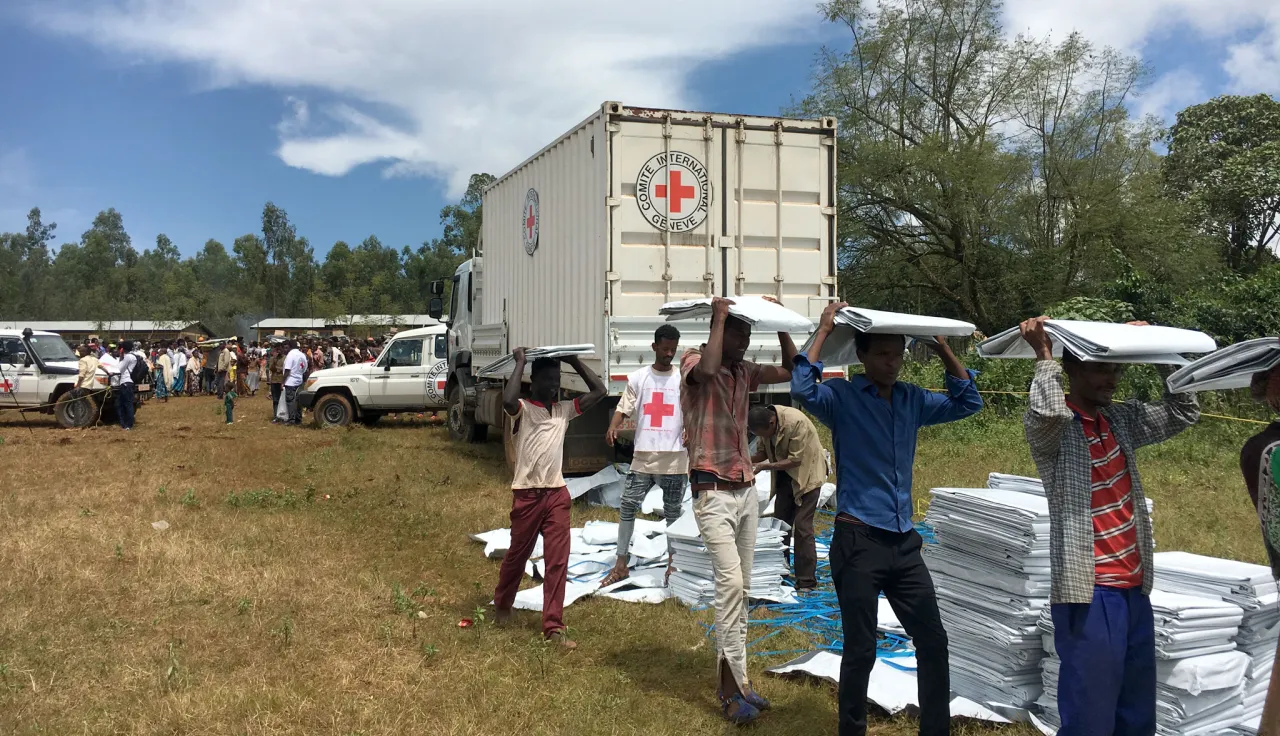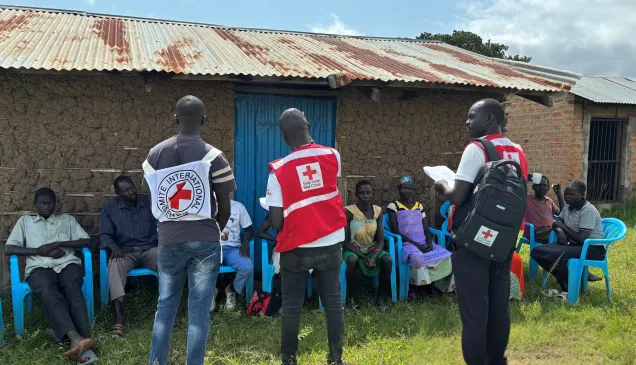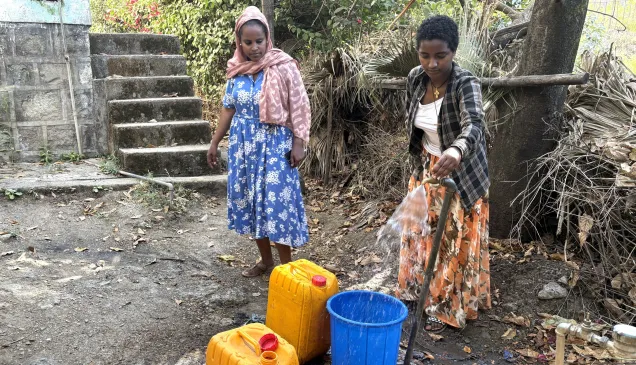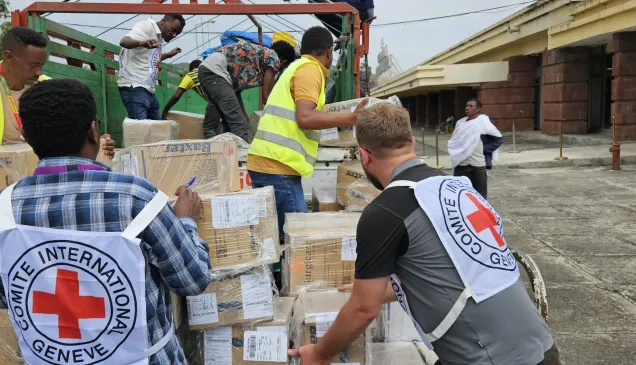Ethiopia: Providing assistance to those that need it the most in 2018

In 2018, the ICRC continued to address the needs of vulnerable groups and individuals in Ethiopia by partnering with national bodies in order to do so as effectively as possible. We visited over 50,000 detainees in 56 different places of detention, including federal and regional prisons to assess their living conditions and ensure that they are treated humanely.
Our teams worked to reconnect separated families by exchanging Red Cross Messages and providing free phone calls. The ICRC and the Ethiopian Red Cross Society jointly provide support to people affected by inter-communal clashes and ethnic violence in different regions of the country. We also promoted equal access to quality and long-term sustainable rehabilitation services to persons with physical disabilities through support to national and regional actors to enable them to recover mobility, play an active role in society and live in dignity.
Highlights of our work in Ethiopia in 2018
| Visited more than 50,000 detainees in 56 different places of detention, including federal and regional prisons. | |
| Provided non-food items like mattresses, clothes, and sanitary pads as well as educational and recreational materials such as notebooks, footballs, and chess to more than 36,700 detainees. | |
| Exchanged, 3,900 Red Cross Messages between family members separated by conflict, violence, and other humanitarian situations. | |
| Completed a solar water supply system in one village in Tigray region benefiting 4,000 people. | |
| Provided financial assistance to about 10,000 people affected by ethnic violence in Moyale town (Somali and Oromia regions). | |
| Donated staple seeds and agricultural tools to 50,000 people affected by ethnic violence in West Hararge zone to help them restore their livelihoods. | |
| Provided 8,000 persons with disabilities with access to physical rehabilitation services in nine ICRC-supported physical rehabilitation centres. | |
| Provided training on the use of force and international humanitarian and human rights standards to 594 members of special police forces. |
For more information, read the full update of our work in Ethiopia.



